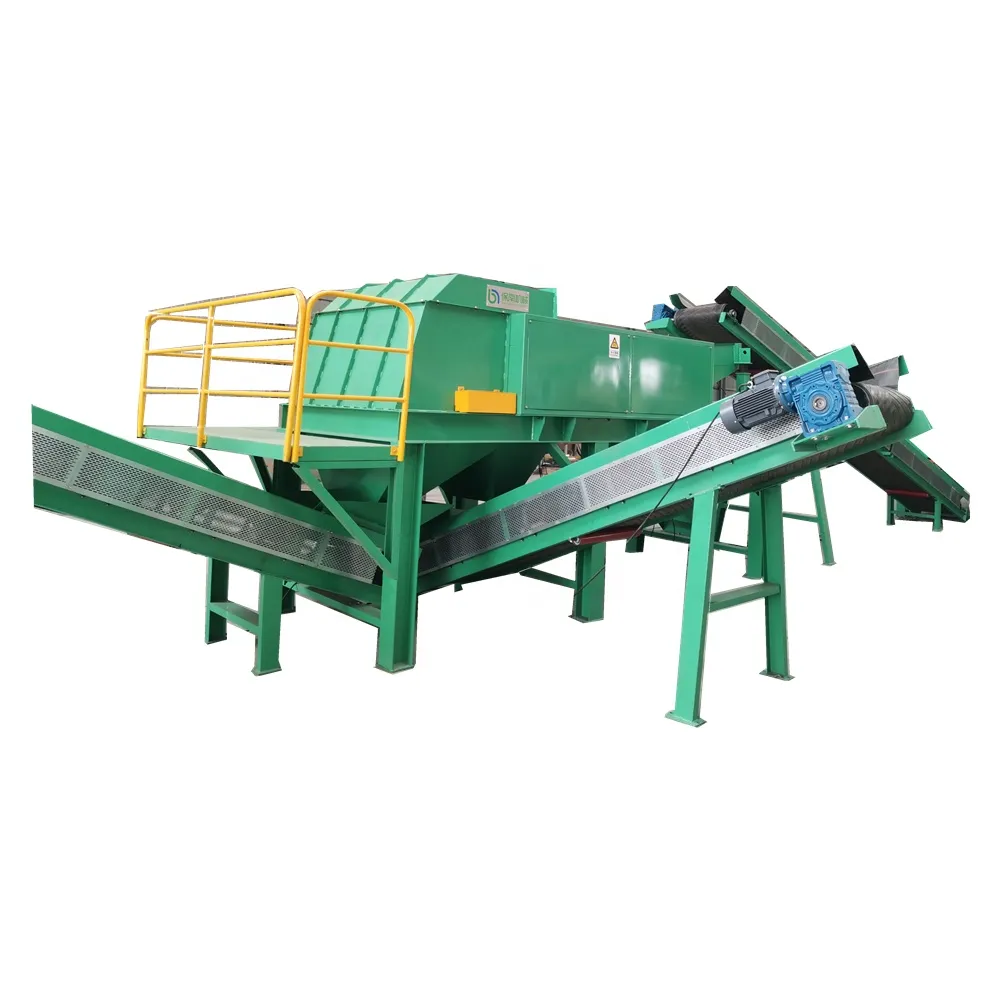Navigating the vast landscape of electronic waste recycling requires a blend of hands-on experience, specialized knowledge, authoritative insights, and trustworthiness. The rapid technological innovation of our era, while undeniably beneficial, has led to an unprecedented amount of e-waste, gadgets that are rendered obsolete faster than they can be responsibly discarded. This pressing issue necessitates a thorough understanding of how to effectively recycle electronic waste to mitigate environmental impact and recover valuable resources.

Electronic waste recycling often begins with an understanding of its classification. E-waste encompasses everything from outdated computers and smartphones to peripheral devices like keyboards and printers. These items contain numerous materials, some of which are hazardous if not disposed of correctly, such as lead, mercury, and cadmium. However, they also contain precious metals like gold, silver, and palladium, which can be salvaged and reused. Therefore, the process starts with sorting and categorizing these items to streamline the recycling operation.
The primary step in recycling e-waste is the collection and transportation of discarded electronics. Specialized drop-off points or e-waste recycling centers are established in many communities to aid in this process, ensuring that electronic items are gathered in a controlled manner. From these points, the waste is transported to recycling facilities specifically equipped to handle such materials. Proper collection methods emphasize safety and environmental responsibility, reducing the potential for exposure to harmful substances.

Once at the facility, e-waste undergoes detailed dismantling and preprocessing. Skilled technicians employ a combination of manual and automated procedures to segregate different components. For instance, circuit boards are meticulously removed and prepared for further processing. This phase crucially separates reusable parts from non-recyclable materials, setting the stage for effective resource recovery. Expert teams here demonstrate their adeptness in safely handling hazardous components, maintaining a high standard of operational safety protocols.
Following dismantling, advanced techniques like chemical leaching and electrolysis come into play to extract valuable metals. These scientific processes underscore the expertise required in e-waste recycling, involving chemical reactions to separate and purify metals. The significance of expertise is paramount here, as improper handling of these chemicals can lead to environmental contamination. Certified professionals ensure that these extractions achieve maximum efficiency while adhering to stringent environmental guidelines.
how do you recycle electronic waste
The success of e-waste recycling also hinges on its trustworthiness, particularly in terms of data security. Before recycling or repurposing, all data-bearing devices must be completely wiped clean to prevent unauthorized data access. This task is performed using advanced software that permanently deletes all data, a critical step to safeguard user privacy and maintain consumer trust. Companies specializing in e-waste recycling often have certifications to prove their commitment to data protection, providing an additional layer of assurance to clients.
With a clear focus on sustainable practices and legal compliance, e-waste recycling contributes significantly to reducing the carbon footprint. Recovered materials are sent to manufacturers to be integrated into new products, closing the loop in a circular economy and lessening reliance on raw materials. This approach illustrates the authoritative role recycling centers play in promoting ecological sustainability and resource conservation.
Moreover, the transparency of the recycling process enhances trust among consumers and businesses alike. By openly sharing the methodologies, end-products, and environmental benefits achieved, recyclers maintain accountability and encourage wider participation in electronic waste recycling initiatives. This transparency further propels the movement towards a more sustainable future by educating the public on the positive impacts of proper e-waste management.
In summary, recycling electronic waste is a comprehensive endeavor that necessitates genuine experience, deep expertise, authoritative guidance, and unwavering trust. By embracing these principles, society can effectively manage e-waste, recuperating valuable materials and ensuring a healthier planet for future generations. As technology continues to advance, keeping pace with the proper disposal techniques is not only a regulatory necessity but also an ethical obligation.



